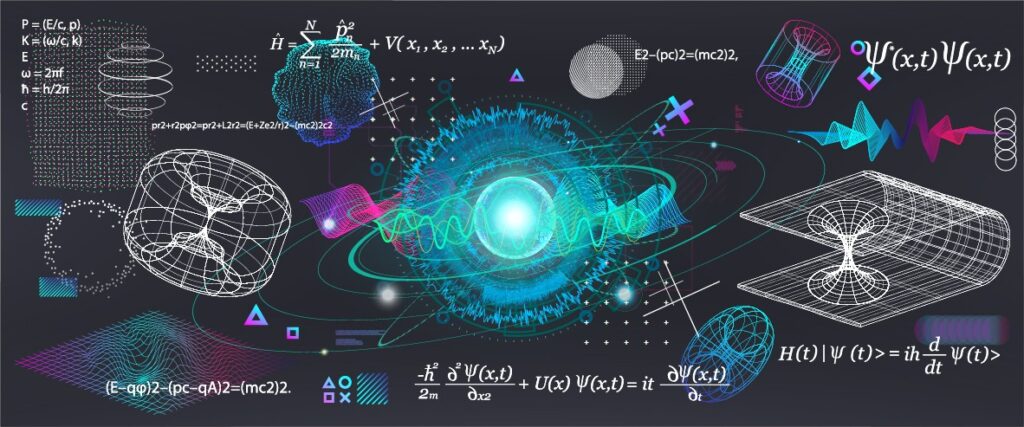
Quantum computing is no longer a theoretical idea in movies, but a real-world possibility that is quickly making its approach towards the usual technology evolution. Classical computers construct logic with the smallest unit of data named bits while quantum computers construct logic with quantum bits, or qubits. This inherent feature makes quantum computers capable of solving problems that classical computers are physically incapable of problem-solving in the period that is feasible for the actualization of quantum computers.
Understanding Quantum Computing
Before analyzing the role of quantum computing in accumulating material, IT knowledge, one has to know some fundamental aspects of it. Classical computers operate on bits that exist in one of two states: A binary digit, also referred to as a bit that is equal to either 0 or 1. Unlike the binary digits, where one unit has two states, a quantum bit or qubit is capable of existing in both the states at the same time, because of a principle called superposition. Also, a principle followed in quantum computers is entanglement that is the state of a pair of entangled qubits affecting one another no matter the distance.
These principles allow quantum computers to solve mathematical problems very fast and much faster than computational machines. For instance, a quantum computer can quickly consider several options at once, making it incredibly efficient for computing where a large set of data requires analysis or more complex calculations.
Applications and Implications

The potential applications of quantum computing are vast and varied, spanning numerous industries:
- Cryptography:Quantum computing poses a possible threat on current encryption codes since it is capable of performing large number factorization in a relatively shorter span of time. However, they can help develop entirely new and more secure methods for cryptography.
- Drug Discovery and Healthcare:One of the most significant advantages of quantum computing is in the field of the chemical industry, where quantum computers can model molecular structures and their behavior in detail, thus helping to create new drugs and new types of material much faster. This capability is probative for a revolution in field of the individualized medicine and the creation of new remedies for the complex illnesses.
- Financial Modeling:For finance quantum computing can be useful in extra risk evaluation, better management of investment portfolios, and improved systems of flow detection. The need to use such format that can support large amounts of data is beneficial particularly when it comes to calculating financial models.
- Artificial Intelligence and Machine Learning:Machine learning relies on optimization and quantum computers could create a new class of far more efficient algorithms that could be used on large sets of data They have the advantage of processing complex data; a fact that makes early identification of trends and making of decisions easier.
- Climate Modeling and Sustainability:Climate models can also be enhanced through quantum computing, which will assist in comprehending and predicting the changes in climate more accurately. This capability is important for cultivating theories on how to address climate change and implement solutions to create sustainability.

Challenges and the Future
Nonetheless, it is a well-known fact that the development of accurate quantum computers will not be easy. Storing of the qubits in their quantum state requires cooling and preventing them from being affected by the environment, which is not easy to achieve and hence expensive. Finally, errors are also very frequent in quantum computations and hence there is a need for error-correcting algorithms.
But it’s coming along; slow and steady we are striving to change the world for the better. Many companies today are spending a lot of resources on quantum research, such as International Business Machines Corporation (IBM), Google, and Microsoft. For instance, IBM has developed a quantum platform called the Quantum Experience where scientists and developers can look at how quantum algorithms work on actual quantum hardware.
Conclusion
Quantum computing is an emerging area of technological advancement offering revolutionaries to industries and solutions to numerous complicated questions in the world. However, many challenges are still pending and are being aggressively solved, which leads to getting closer to the widespread use of quantum computers in the world. Quantum computing’s potential continues to be explored as scientists push forward toward the day when this potential can be controlled and utilized for greater computing power and innovative advancements.